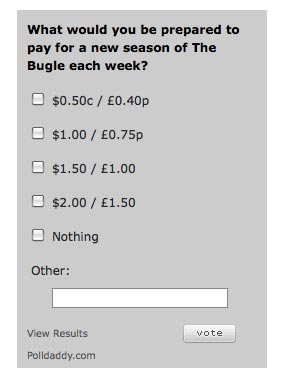A quick round-up of the weekend and Monday morning comment on the fate of the londonpaper:
- Malcolm Coles (24/08/09): ‘Did SEO failure contribute to thelondonpaper closure?’
“thelondonpaper is closing – with a pre-tax loss of £12.9m last financial year on £14.1m turnover. Maybe if they’d sorted out their SEO strategy, they’d have got more website visitors and sold more adverts?”
- Peter Preston (in the Observer, 23/08/09): ‘RIP thelondonpaper. So what’s the future Standard of success?’
“Let’s assume, then, that when James Murdoch says he’s concentrating on his ‘core’ responsibilities henceforth, he means no more fishing in Metro ponds. That phase is gone. News International has retired hurt. But what does this mean for London itself, apart from much less waste paper?”
- MediaGuardian (24/08/09): ‘Why Murdoch closed the London Paper‘
“Free newspapers funded by advertising are a volatile business model in any downturn, let alone a recession. While freesheets are unlikely to disappear altogether, in closing the London Paper the Murdochs have underlined their belief that charging for news is the way forward.”
- Stephen Glover (the Independent, 24/08/09): ‘A vicious press war with no real victors‘
“[T]he supposedly invincible media mogul has raised the white flag. He is closing thelondonpaper. In my view, of course, he should never have launched it in the first place. It was an expensive distraction that contributed little or nothing to good journalism.”
- FT.com (22/08/09): ‘Freesheet no longer viable model for papers selling news’
“News International’s decision to close its only freesheet highlights the newspaper industry’s move towards charging for content in print and online and away from the focus on ‘free’, which gave us the London Lite, Metro, thelondonpaper and City AM, the morning business paper.”
and from last week:
- paidContent:UK (20/08/09): ‘Murdoch has lost faith in free’
“[The decision] shows just how much the axis of publishing has shifted: just as proprietors are growing weary of readers enjoying their online news for free, there is not nearly the same confidence in the free print model there was three years ago and publishers are reverting to ways of maximising user revenue in all media instead of giving it away for nothing. And, more fundamentally for News International, London’s free newspaper war was just costing too much.”
